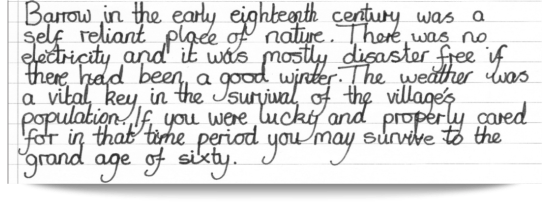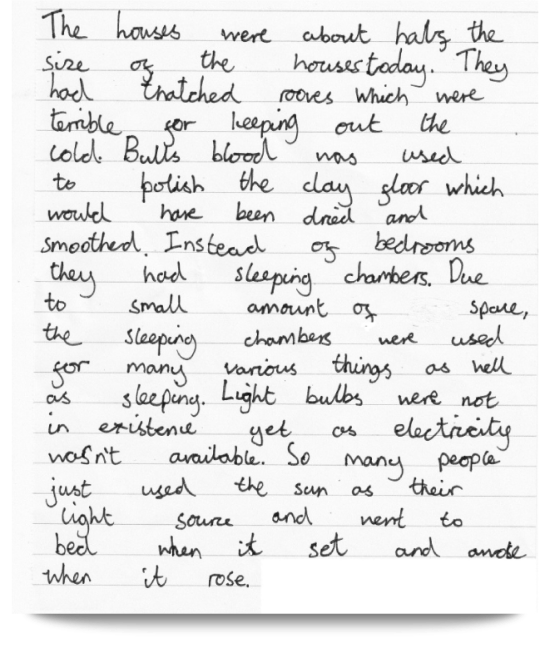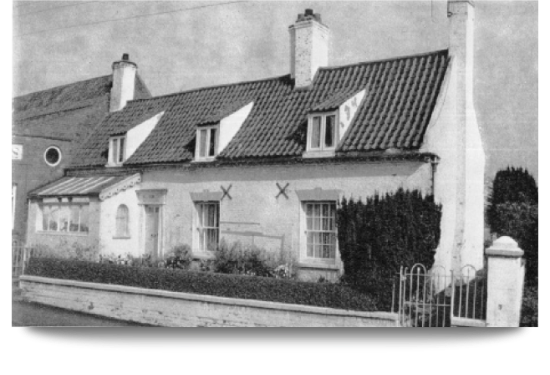What we learned about Barrow in John Harrison’s time
The following extracts are all in the children’s own words.
Many years ago, around 1720, Barrow was extremely different to the one we know now. Almost every acre of free land was used for agriculture.
Barrow was a farming community, though some would find work on the river and many had a trade (carpentry or blacksmithing for example) alongside their farm work. Quite a few people had servants who would have been paid a very small amount. Children would work for their parents in the fields, sewing, basket making and general house work.

Any entertainment would be home-made: singing, dancing, story-telling and simple games. Everyone who could afford it smoked a pipe. People grew most of their own food and kept a few animals, especially chickens and pigs – and they brewed beer which was often safer than water to drink. Many died young and there were no doctors or hospitals. You relied on folk remedies.
Schools
Many children didn’t go to school, the ones that did were taught some simple arithmetic and English. Then they would have to go to work. If they were not working, children would have a lot of freedom to climb trees and play in the fields and streams. They were considered grown up by 14. If you were lucky you would go to the grammar school in Brigg. The only type of school was a Sunday school. If you went to Sunday school and you could read the Bible then people thought that there was nothing left for you to learn.
Houses


This was John Harrison’s house, situated half way up Barton Lane. It was bigger than many houses, having three rooms upstairs and three downstairs. Like many houses, the thatched roof was later tiled. Unfortunately, it was pulled down in the 1960s.
